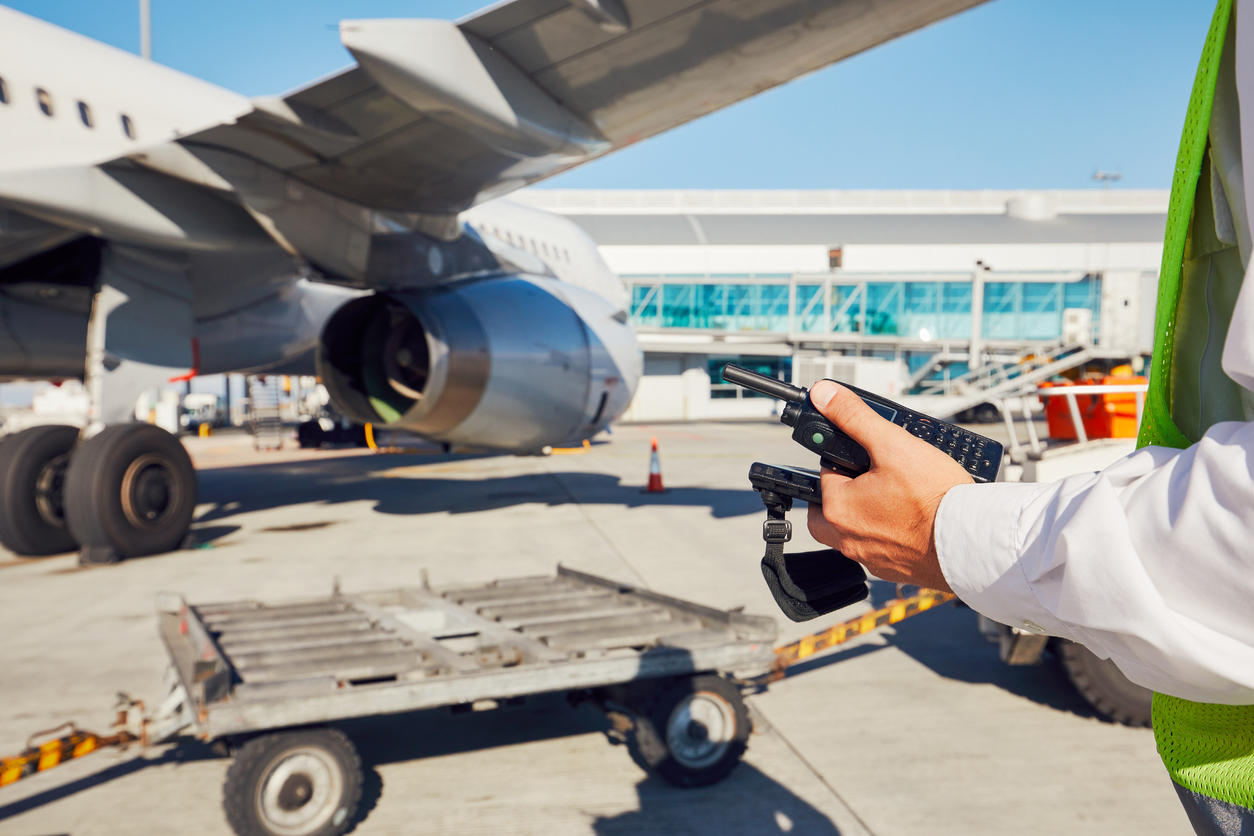The Need to Safeguard The Nigerian Aviation Industry
The Need to Safeguard The Nigerian Aviation Industry
The Nigerian aviation industry is one of the fastest-growing air transport markets in Africa. While this growth has unlocked opportunities for the local players, it has also opened the door to growing security risks. The latest data from the International Civil Aviation Organization (ICAO) shows that there are currently 31 airlines and 44 airports in operation across Nigeria. The country’s aviation sector logged a revenue of $1.1 billion in 2016 and is projected to hit $2 billion by 2020. Nigeria’s growth as an air travel hub can be attributed to its strategic location with key global aviation links; its relatively young population (with high demand for affordable travel); a large pool of well-educated English-speaking workers among other factors. On the back of these positives, we have seen a number of leading international carriers establishing their presence in Nigeria with flights from Abuja to Bangkok, Kano to Mumbai, Lagos to London amongst others…
Safeguarding The Nigerian Aviation Industry
As the sector experiences rapid growth, there is a growing need to ensure that security and safety standards are high and that there are regulations in place to protect the industry against cyber threats and data breaches. The Nigerian Civil Aviation Authority (NCAA) and National Information Technology Council (NITC) have partnered to develop a National Airline Security and Safety Policy Framework for implementation. This will cover security, safety, and regulatory requirements for all stakeholders. The policy framework will address growing concerns about the risks and threats facing the industry. It will also help to boost the reputation of Nigeria as a safe and reliable aviation hub. The NCAA will be responsible for the regulation of the Nigerian aviation sector and ensuring that safety and security standards are met. It will also work with relevant stakeholders to establish digital security and safety. The NITC will be responsible for digital security and safety, standardization, and certification of the aviation sector.
Cyberattacks Are Becoming A Key Risk For Airlines
Aviation is a critical sector that is vulnerable to cyberattacks. Airline travel is not only a business but a critical mode of transportation that is relied on by millions of people daily. The sector handles critical information such as passenger data, flight operations, crew data, and financial transactions every day. The cost of cybersecurity breaches is rising. The cost of cyberattacks on airlines has almost doubled over the past five years, with the average cost now standing at $5.5 million per breach. The aviation sector is also experiencing the fastest growth in terms of breach costs when compared with other industries.
Airline Data Breaches Are Becoming Commonplace
Data breaches are more common in the aviation sector than in almost any other sector. Some of the main causes for data breaches in the aviation sector are remote access, poor data hygiene, and lack of cybersecurity investments. One of the most common breaches in the aviation sector is through remote pilot control (RPC) systems. Millions of dollars have been lost due to this type of breach.
Remote Pilot Thefts Are Becored To Grow
RPC avionics are installed on an aircraft so that it can be controlled remotely. This can be done by pilots in the aircraft or operators on the ground. The use of RPC is increasing as new aircraft designs come online and is used in the majority of new aircraft deliveries. The use of RPC is expected to grow in the aviation sector, meaning that the risks of remote pilot theft will grow. Remote pilot theft can happen at any time and could have serious consequences. It could lead to accidents, aircraft being stolen, or aircraft being used for criminal purposes.
Conclusion
The aviation sector is a critical sector that is vulnerable to cyberattacks. Strong cybersecurity measures and digital security standards need to be implemented to safeguard the sector. This will help to protect the industry and millions of consumers against data breaches. There are several measures that can be taken to safeguard the Nigerian aviation industry. These include investing in strong cybersecurity measures, implementing strong digital security standards, and safeguarding critical digital data and information.








LEAVE A COMMENT
You must be logged in to post a comment.